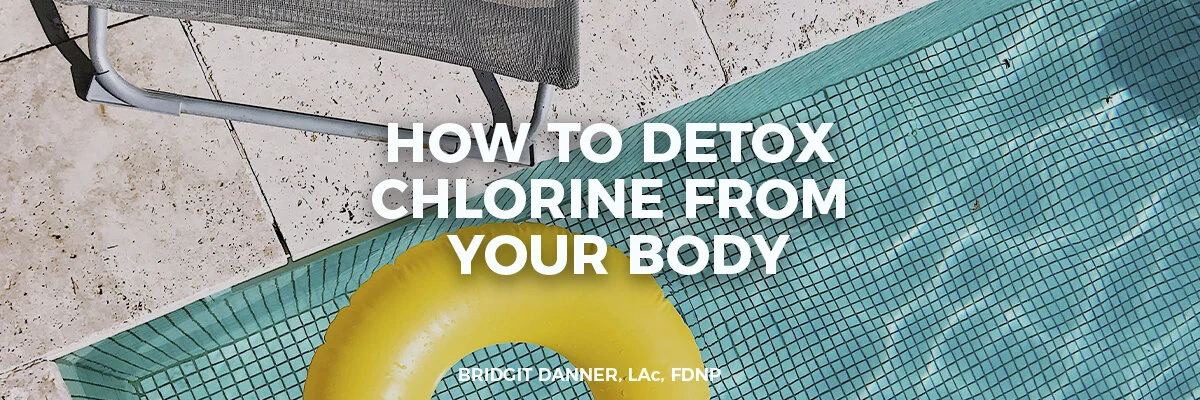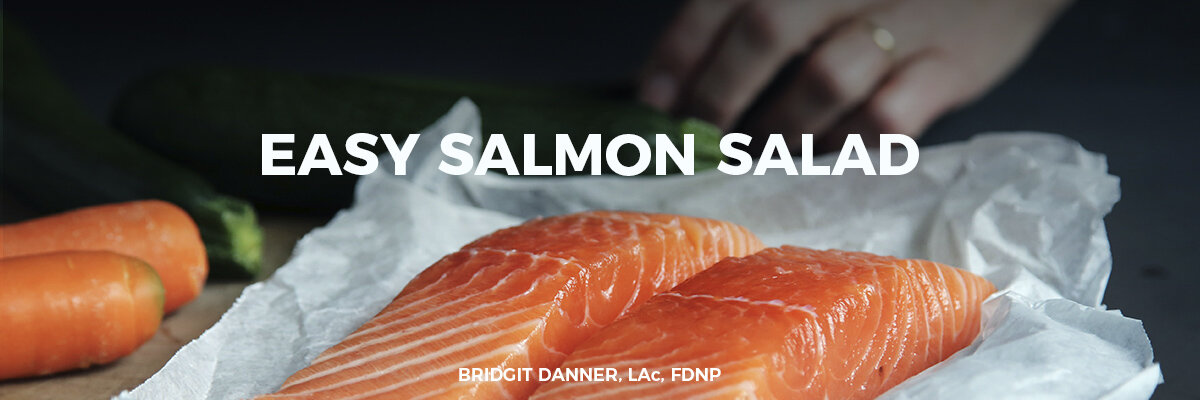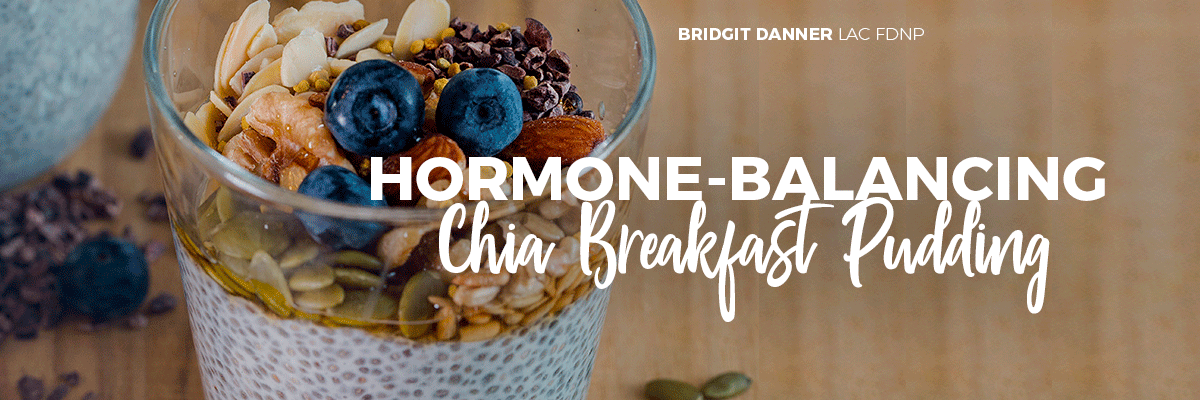How to Detox After Breast Explant Surgery
If you’ve undergone breast explant surgery, you probably didn’t think too much about removing or replacing your breast implants when you had the initial surgery (unless your surgeon stressed it to you).
However, both silicone and saline breast implants have a limited lifespan. According to the American Society of Plastic Surgeons, implants should be removed or exchanged within 10 to 15 years.
Additionally, a growing number of women want their implants removed because of pain, health concerns, appearance changes in their breasts, or a different body image.
Some women attribute ongoing and wide-ranging ailments -- including fatigue, anxiety, depression, headaches, muscle weakness, cognitive difficulty, congestion, chest pain, rashes, chills, blurred vision, and hair loss -- to their breast implants. There is also a growing concern that breast implants are associated with an aggressive form of breast cancer, large cell lymphoma. (1, 2)
If you have decided to have your implants removed, you may be wondering about how you can help your body heal after the operation. This article will examine how to detox after breast explant surgery.
What Does Breast Explant Surgery Involve?
Most implant removal surgeries are performed under general anesthesia. Your plastic surgeon will make an incision -- typically under the breast or around the areola -- to access the breast implant.
Over time, scar tissue may have developed around the implant, creating a tissue capsule. Some surgeons remove the implant and leave the tissue capsule. Others remove all or part of the capsule as well.
After the removal is complete, the surgeon will close the incision and place dressings or bandages around your chest. Sometimes, drains are needed to allow blood or fluid to drain away from the breasts.
After the surgery, you’ll go to a recovery room where nurses will monitor your vital signs, pain levels, and dressings. Then, your surgeon will determine when you can safely go home and provide you with home self-care instructions. (3)
Are There Any Risks With Breast Implant Removal?
Just as with any surgical procedure, especially those that involve general anesthesia, there are some risks to breast implant removal surgery. Here are some of them:
Breast asymmetry
Bleeding
Deep vein thrombosis
Necrosis (death of deep skin cells or tissue)
Seroma (fluid accumulation)
Hematoma (blood collecting and pooling under the skin)
Infection
Numbness (or other nerve-related changes) in the breast
Skin discoloration
Persistent pain
Scarring
Swelling
Loose skin
Many of these risks are similar to the ones you faced when you had your implant surgery. Just as it was then, it’s essential to speak with your doctor about these potential problems and to carefully weigh the pros and cons that apply to your situation. (4)
Surgery Is Only the First Step on the Road to Breast Explant Detox
The good news is that women heal from the array of symptoms, which are collectively known as breast implant illness (BII), after explant surgery. A 2020 study led by Dr. Lu Jean Feng found that the majority of women (with either silicone or saline implants) reported a significant improvement in their health within 30 days after breast explant surgery. (5)
However, the not-so-good news is that the healing process will continue long after that timeframe of that study. Breast implants expose the body to a startling mix of heavy metals and toxic chemicals. Your body has been fighting these intruders for a long time now, and it will take many months for the entire detoxification process to unfold. (6)
Here are some of my recommendations to boost your immune system, help your body detox from the implants. and recover from the explant surgery.
1. Detox With an Anti-Inflammatory Diet
Strive to eliminate sugars, gluten, dairy products, and processed foods that can cause inflammation in the gut.
Here are nine liver-cleansing foods to focus on in your meals:
Leafy greens
Fresh nuts and seeds
Grass-fed meats
Eggs (if tolerated)
Cruciferous vegetables
Wild-caught fatty fish
Bitter greens and herbs
Fermented foods
Healthy fats
2. Restore Healthy Gut Flora
In addition to the gut-friendly foods above, I recommend taking probiotics to help replenish your gut flora (good bacteria) and help your digestive system recover from the implants themselves and the surgery to remove them. Studies show that probiotics give you extra support when dealing with toxins. (7)
Since 70% of our immune cells are produced in the gut, I recommend MegaSporeBiotic and its partner, MegaPre, a prebiotic fiber that feeds friendly bacteria. This combination repairs and improves gut health and helps relieve digestive distress by restoring keystone bacterial strains and bacterial diversity.
My friend Courtney of Organic Blondie Life says she became littered with gut infections when she had her implants. You can check for gut infections through our GI-MAP test and develop a protocol with our team here. You can follow Courtney on Instagram here.
We offer a free guide to get you started with digestive supplements here.
3. Test for Toxins
Most women will detox from the heavy metals associated with breast implants naturally over time. However, if you are concerned about heavy metal toxicity, a Hair Tissue Mineral Analysis (HTMA) test can give you some answers.
In house, we offer the DUTCH hormone test for estrogen, progesterone, testosterone and adrenal health. These hormones can be depleted.
We also offer a full thyroid panel that also includes immune testing and a consultation.
4. Support Your Immune System
Over the past year or so, we’ve all paid more attention than ever to our immune systems. After explant surgery, you’ll want to do what you can to bolster your immune system in natural ways. Here are some of my suggestions:
Boost your intake of vitamins C, A, E, K, and D.
Make sure you are getting enough zinc, magnesium, and selenium
Get Omega-3 fatty acids through food and supplements
Also, focus on getting as much physical exercise and good sleep as possible.
5. Try Detox Green Juicing
I’m a big believer in the benefits of green vegetable juicing when it comes to healing the body. You can read some of my go-to recipes that use Detox Greens here.
6. Take Healing Epsom Salt Baths
Enjoy a long, relaxing soak in a healing Epsom salt bath a few times a week. Epsom salts help replenish magnesium, a natural substance that aids in the removal of toxins, and sulfate, which helps the body release toxins more efficiently. (8) Do not use when wounds are open.
Plus, you can’t beat the other stress-relieving aspects of a warm bath.
7. Use Castor Oil Packs
I love castor oil packs for so many reasons, including the many detox benefits they provide. Read about how you can work castor oil into your breast explant detox regimen here. Only utilize once once get a go-ahead from your doctor (i.e. not on an open wound).
8. Use Frankincense Essential Oil to Help Heal Scar Tissue
Frankincense essential oil produces anti-inflammatory responses and bolsters your immune system. And when you combine it with a moisturizing carrier oil, this amazing oil can help fade your post-surgery scar tissue. (9)
9. Consider Proteolytic Enzymes.
Enzymes taken away from meals such as Wobenzyme brand can break down any scar tissue that may be forming to prevent scarring.
10. Sauna
Sauna is a great all-around way to detox. Our favorite brand is Sunlighten Sauna.
11. Dry Brush
Dry brush to move lymph and aid in recovery. Learn more about it here.
12. Anesthesia Recovery
Two supplements to consider in the short-term are Mi CoQ10 and Broccoli Sprout and Seed. The first helps re-energize cells and the second helps clear chemical toxins.
Still Not Sure What Your Hormones Are Up To?
The best way to get relief from hormonal issues is to run a test. This gives you a insider’s view on what is going on and helps you create a clear plan to fix it.
Get my favorite hormone testing + included private consultation here >>>
Bridgit Danner, LAc, FDNP, is trained in functional health coaching and has worked with thousands of women over her career since 2004. She is the founder of Women’s Wellness Collaborative llc and HormoneDetoxShop.com.
Check our her easy 5-Day DIY Detox Guide here!
















The thought of a coffee enema might leave you in shock, but it’s actually a practice that has been used for thousands of years. I’ve seen the correct implementation of coffee enemas truly transform energy, gut health, antioxidant status and more. Learn the right way to do a coffee enema!